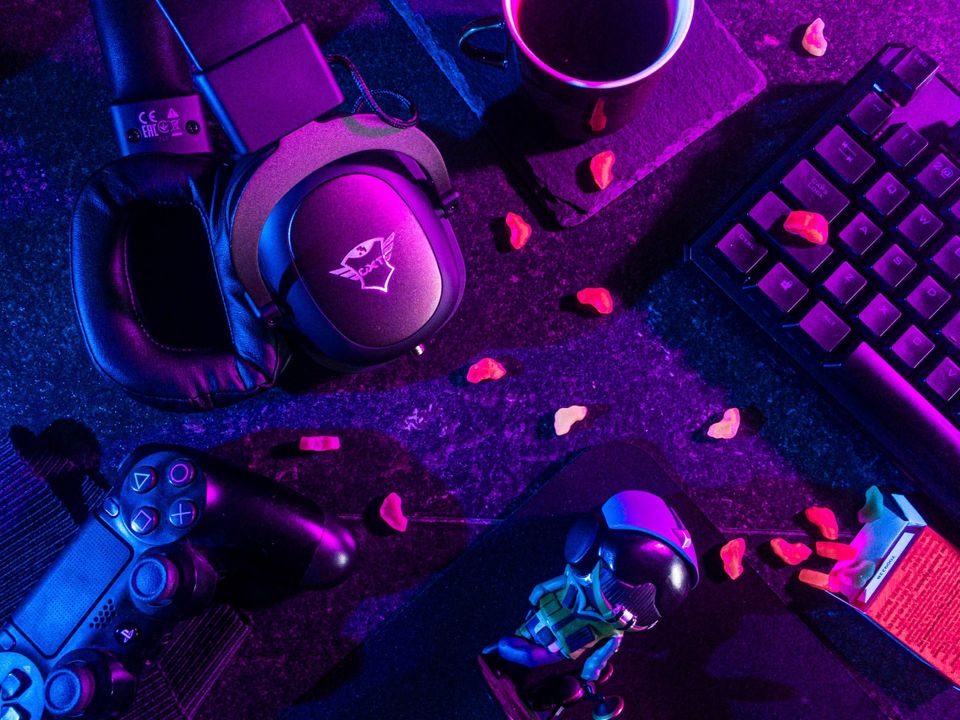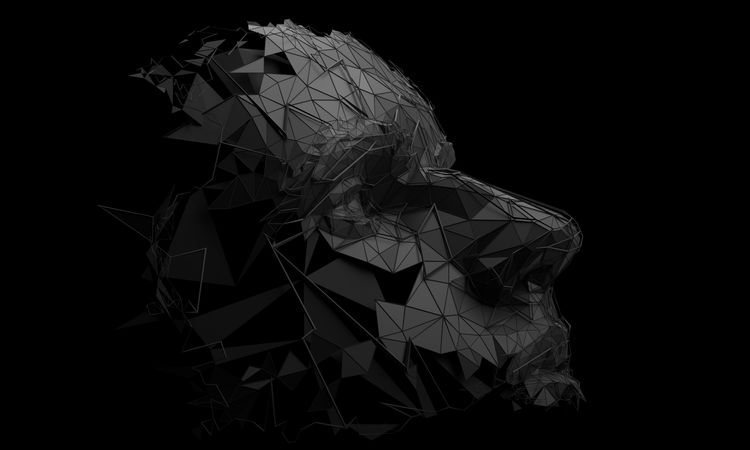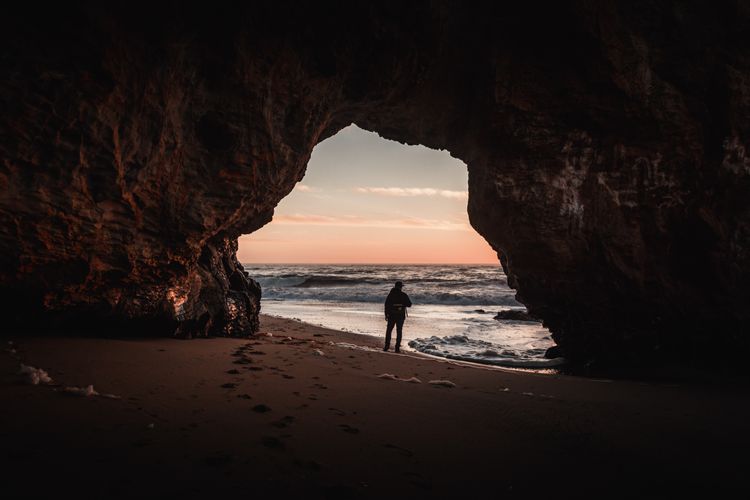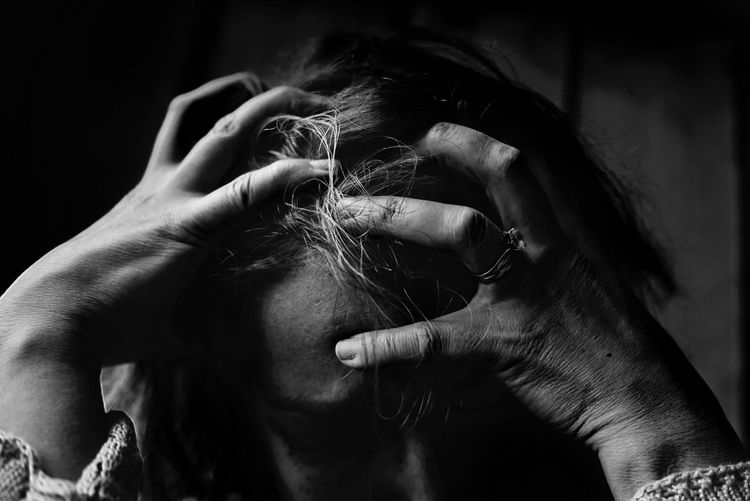Parasocial Relationships Cannot Replace the Real Thing

I am an avid listener of the Joe Rogan Experience podcast. You could call him my primary parasocial relationship.
If Joe Rogan got assassinated by a disgruntled fan one day, would I miss him?
Yeah, I would.
But there is something I keep straight with myself. I don’t know Joe Rogan. Odds are, I’ll never meet Joe Rogan. I don’t see him as a second dad, or a life guru, or anything more than a compelling public figure. He is not my friend. He is a man on the internet.
Our connection is entirely one-sided. This is the definition of a para-social relationship.
Would it be wrong if you saw someone online as a source of inspiration?
No, but when internet personalities start replacing actual relationships, you end up with a lot of unhappy people.
The Early Days of Parasocial Relationships
This is something that’s been studied since the 1950s.
Originally, psychologists studied the common man’s relationship with celebrities. It was about the obsession with sports figures, movie stars, and even fictional characters.
A prime example of a parasocial relationship at its worst was John Hinkley Jr. and Jodie Foster in the 1980s. After watching the movie Taxi Driver, which Foster starred in, John Hinkley Jr. tried to assassinate Ronald Reagan.
His goal was to impress her with his boldness. He wrote to her on a postcard and said, “One day you and I will occupy the White House and the peasants will drool with envy.”
Sounds like something a guy on the internet would say. Hinkley was ahead of his time.
The tendency for these types of relationships to occur has increased massively with internet videos. Psychologist Jenifer Golbeck writes:
There is nothing wrong with being a dedicated fan of any celebrity, but the internet functions in a way that can encourage a fantasy of closeness and feelings of being in a relationship that does not actually exist.
If you’re listening to a podcast or watching a youtube video of someone authentically sharing themselves, you feel special. It feels like it’s just you and them. You would feel the same specialness if someone in your own life did the same.
The online persona could also tell you to believe in yourself or hit you with other platitudes. Some say there is a benefit to that. According to NOVA:
In one study of parasocial relationships and self-esteem, Jaye Derrick, an assistant professor of psychology at the University of Houston, found that one-sided relationships encouraged people with low self-esteem to be more goal-oriented and more comfortable in their own skin.
If they don’t try to kill the president first.
Maybe that’s unfair, but we need to acknowledge that parasocial relationships are more crutch than connection.
The State of Parasocial Relationships
Loneliness is spreading throughout the western world. I’ve felt it, and I’m sure you have too. Modernity is isolating.
Many people are becoming timider and shrinking into themselves. Their only opportunities for socializing are work, errands, and the internet. These outlets are limited, and the craving for social connection is being satisfied in unfulfilling ways.
In 2021, instead of hanging out with friends, you can watch people hang out with their friends. Or, you can watch one person perform while you make comments in a group chat. The creators express their appreciation for your viewership, and it feels like they’re reaching out of the screen and patting you on the head.
It’s a patronizing dose of pseudo-friendship and pseudo-romantic affection. People donate money in gratitude for this feeling. And, like everything else, it’s easily accessible.
The more I see a creator’s personal life, the more uncomfortable I feel. It’s like you’re watching someone’s home movies. You hear their inside jokes and watch them flirt with their partners. You get a glimpse into their most intimate moments.
Why the hell should I be part of this? I want to create this in my own life, not passively experience it through someone else.
But people still watch and comment, wondering who is dating who, showing enthusiasm for their success. It’s like close friends missing home, except they were never friends, and that isn’t their home.
Remember Real Life?
Parasocial relationships are not a cure for loneliness. They are more attractive now because so many people are lonely.
Your favorite creator could be an amazing entertainer, a source of inspiration, a giver of good advice, and a provider of cozy and homey feelings (I get it), but if you’re using this person to replace real friendship, you have to know this:
Parasocial relationships are a substitute for real relationships like porn is a substitute for sex.
It’s friend porn. You enjoy it at the moment. But then there’s the sinking understanding of how unreal it all is.
These people will never touch you, or hear your story, or laugh with you, or share a memory with you. More often than not, it's generalized affection.
It is much easier to have online parasocial relationships than it is to face the awkwardness of being social offline. The tendency to avoid discomfort is making us lost, lonely, and hopeless. It’s too easy and gratifying to choose what’s fake over what’s real. That’s what’s holding us back.
Relationship psychologist Esther Perel says:
“The quality of our relationships determines the quality of our lives.”
We should be risking social exposure to find amazing connections in the real world, not limiting ourselves to soothing voices on the internet. I don’t want to fill my life with low-quality, synthetic relationships.
Instead, let’s all get clammed up, stammer, and awkwardly try to connect with each other again. It’s painful. It’s scary. But I think that’s where the magic is. I don’t want parasocial. I want the real thing.



